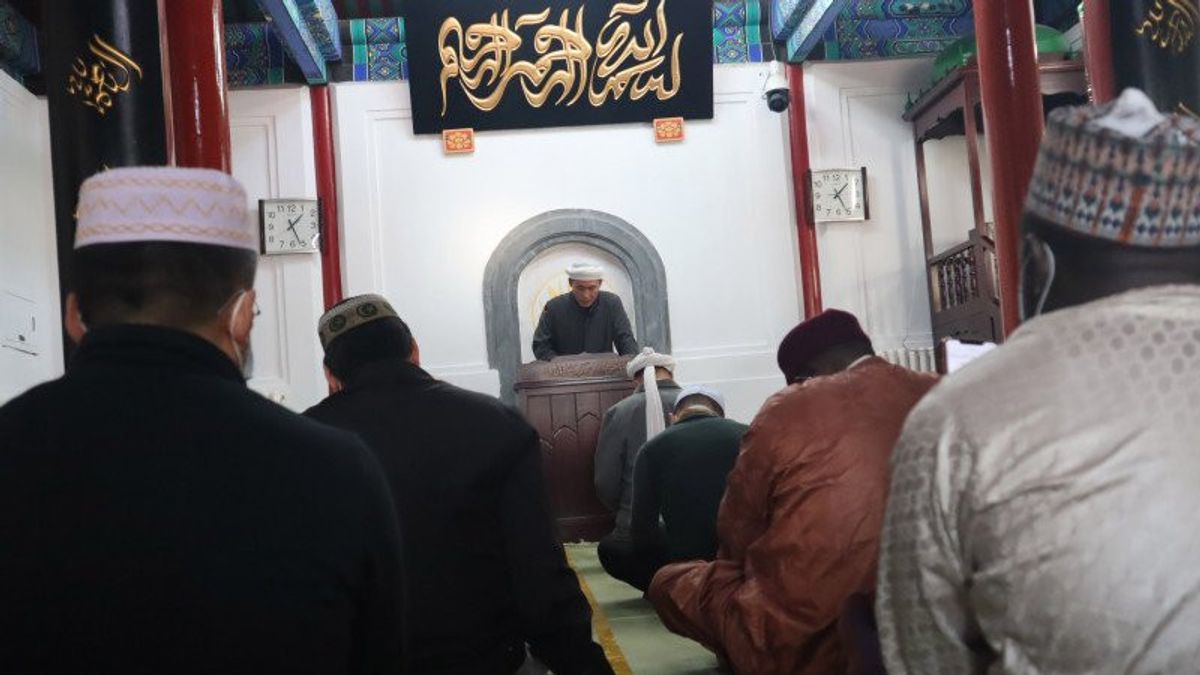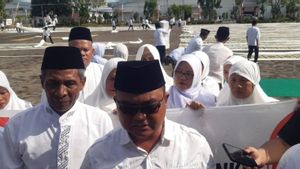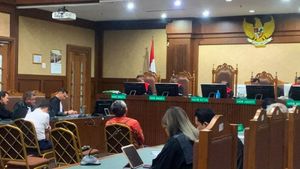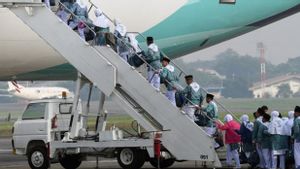JAKARTA - China's religious authorities issued regulations on religious activities that tighten foreigners with the aim of preventing extremism in the world's most populous country.
The Chinese Ministry of Justice has released the regulation on Wednesday, November 18 and gave a deadline until December 17, 2020 for local people to provide their response.
The regulation contains five chapters. Among them are the procedures for applying for collective religious activities, the exchange of views between religious figures or institutions with foreign parties, and the legal responsibilities that foreign religious group leaders must bear while living in China.
Of the five chapters that get the most attention from the public is Article 21, according to the official Chinese media monitored by Antara in Beijing, Tuesday, November 24.
In this article, there is a list of religious activities that may not be held in China, such as influencing or interfering in the affairs of religious communities, institutions or places of worship in China or interfering with the decrees of religious leaders in China.
In addition, there are also prohibitions which include advocating extremism through religion, supporting illegal funding or extremist activities, using religion to undermine national unity or solidarity between ethnic groups in China or using religion to carry out acts of terrorism.
Zhu Weiqun, former head of the Religious and Ethnic Affairs Division at the National Commission of the Chinese Political Advisory Council (such as the MPR), said that the new version of the regulation could help prevent several terrorist groups from infiltrating China.
"This rule is not against religious freedom. Only by stopping the various ways that exploit religion can make people calmer in exercising religious freedom," he said.
The Chinese Governing Council (cabinet) previously issued a regulation on religious activity for foreigners in China on January 31, 1994.
The National Religious Affairs Institute of China then implemented the regulation in September 2000. Then in November 2010 the regulation was amended into 22 articles.
Chen Jinguo, researcher at the World Religious Institute at the Chinese Academy of Political Science, said regulations in houses of worship in 1994 were in accordance with the law.
But the new version is more practical and further improves the religious management system in China, Chen was quoted as saying by the Global Times.
The English, Chinese, Japanese, Arabic, and French versions are automatically generated by the AI. So there may still be inaccuracies in translating, please always see Indonesian as our main language. (system supported by DigitalSiber.id)













